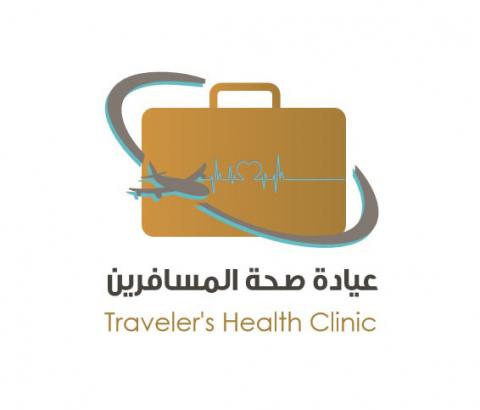
The Ministry of Health and Prevention has reminded travelers that they can avail of health services and medical consultations at the Traveler Health Clinics in the preventive medicine departments of all the emirates throughout the year. These services provided free of charge to all Emiratis and at an affordable price for UAE residents are also available at Al Muhaisna Centre and Etihad Centre.
“The Ministry of Health and Prevention believes in the importance of educating travelers about the health risks that they may be exposed to when visiting other countries. It encourages them to visit screening centers before leaving the country so that they may take necessary vaccinations as a precautionary measure,” said Dr. Fatma Al Attar, Family Medicine Consultant, Head of Travelers Clinic team.
"Many travelers do not realize the importance of the medical aspect of traveling, which is essential and important when choosing their destinations,” added Dr. Al Attar.
The Ministry has launched the Travelers Health Clinics to offer information and services before traveling abroad.
The Travelers Health Clinics offer a range of quality health and preventive services based on the guidelines of the World Health Organization and relevant scientific studies. The services include raising awareness of travelers about the importance of visiting these centers before traveling to assess health risks, determine their health status, and take vaccinations and other preventive medications required by the country of destination.
The Ministry of Health and Prevention also reiterated that travelers must take precautions and take note of travel tips to avoid acquiring any type of diseases and other health-related concerns while out of the country.
Vaccinations:
Make sure to consult your doctor in order to receive necessary vaccinations ahead of time at least a month before traveling overseas in order to prevent certain infectious diseases such as yellow fever, meningitis, typhoid fever, hepatitis, pneumococcal pneumonia, influenza etc. The necessary vaccinations are determined according to World Health Organization (WHO) guideline for the destination of travel and will be advised by your doctor.
Malaria prevention:
Medications can be used to prevent malaria when traveling to affected areas. Travelers can protect themselves from the disease by taking the recommended dosages prescribed by the doctor ahead of time prior to traveling.
Time difference and Jet lag
Passengers suffer from a jet lag during long journeys, resulting in alteration in body clock. A passenger may experience disturbance in their sleeping patterns and bowel function, as well as reduced mental performance and general malaise.
The Ministry advised travelers to take enough sleep and rest during long trips, drink plenty of fluids, avoid drinking coffee and tea, and eat healthy food.
Motion Sickness
Motion sickness is the result of a conflict between human senses and excess movement, causing dizziness, exhaustion, nausea, headache, and vomiting. These symptoms may be relieved by changing one’s seating location, for example transferring to the front or over the wings of an airplane. Also, passengers are advised to avoid eating during the start of the trip and chew gum or mint candy instead. A doctor may prescribe a medication to address motion sickness.
Deep vein thrombosis
Deep vein thrombosis (DVT) occurs especially in the lower leg during prolonged immobility. Travelers are thus advised to walk in the plane approximately every three hours or do some foot exercises while sitting every hour. They can ask their doctors about DVT for more information. Wearing loose clothing and drinking adequate amount of fluids can also help lessen its occurrence.
Insect or animal bites
UAE citizens and residents are also warned of touching animals when traveling. They should consult their doctors immediately when exposed to insect and animal bites, and to rinse the affected area with a sterile solution. Travelers are instructed to cover all body parts when going to insect-infested areas and avoid rabid animals and walking barefoot. Preventive measures can also help such as the application of skin protection creams especially during nighttime.
Sunstroke, heat exhaustion or extreme cold
Exposure to extreme weather may cause some travelers to experience serious health problems. Travelers are advised to avoid exposure to direct sunlight for a prolonged period of time, apply skin protection creams, cover their heads, hands, and feet, and consume fluids to avoid dehydration.
Food poisoning and waterborne diseases
During vacation, travelers may also be exposed to contaminated food and water, causing diarrhea, abdominal pain, nausea, fever, and vomiting. When traveling, they are advised to drink bottled mineral water, refrain from consuming street food, minimize salad intake, and avoid under-cooked food. Vaccinations taken prior to travel could also prevent food poisoning and waterborne diseases
Categories
- Log in to post comments
